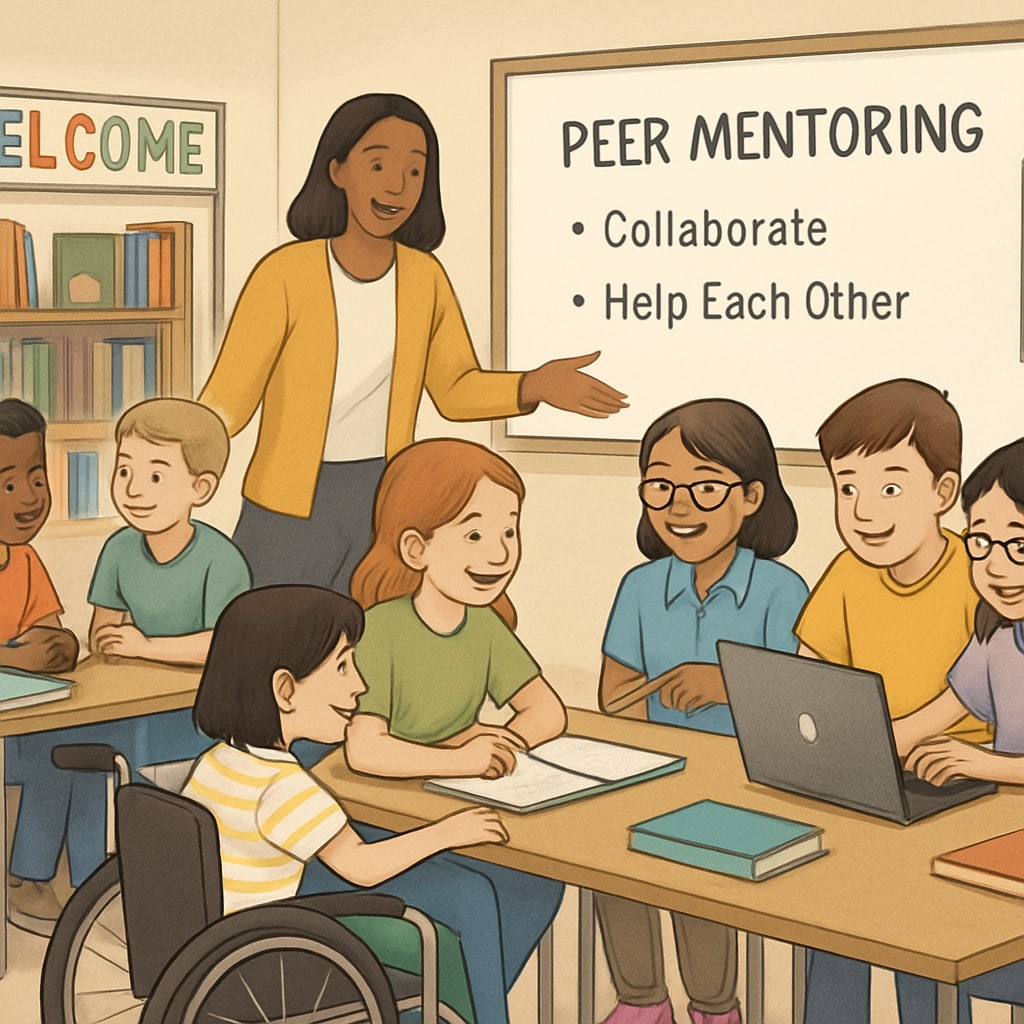Achieving high student completion rates is a hallmark of successful universities, driven by well-defined institutional traits. These university success factors, student completion rates, and institutional traits not only guide students through their academic journey but can also offer valuable lessons for K12 educators. By borrowing strategies from higher education, K12 schools can better prepare students for college and career success.

Key Traits of Successful Universities
Successful universities implement practices that foster academic achievement and ensure students stay on track to graduate. These practices revolve around accessibility, personalized support, and fostering a community of learning. Let’s examine five key institutional traits that boost student completion rates:
- Strong Academic Advising: Universities provide robust advising systems to help students navigate academic requirements, career paths, and personal challenges. This support reduces dropout rates and enhances student satisfaction.
- Accessible Resources: From tutoring centers to mental health services, universities offer comprehensive resources to address academic and personal hurdles.
- Flexible Learning Options: Online courses, hybrid models, and experiential learning opportunities cater to diverse student needs and schedules.
- Inclusive Campus Culture: A welcoming environment that values diversity and inclusion fosters student engagement and a sense of belonging.
- Data-Driven Interventions: Universities use analytics to monitor student progress and intervene early when challenges arise.
These traits serve as the backbone of student success, providing a framework for K12 institutions to adapt and implement strategies tailored to younger learners.
Applying University Success Models to K12 Education
To elevate student achievement and readiness for future opportunities, K12 schools can integrate several strategies inspired by higher education:
- Early Academic Advising: Introducing advisory programs in middle and high schools can help students set goals, choose appropriate coursework, and explore career interests.
- Comprehensive Support Systems: Schools should ensure access to counseling, tutoring, and extracurricular activities to address both academic and personal development.
- Flexible Learning Opportunities: Offering alternative education formats, such as project-based learning and online modules, empowers students with diverse learning preferences.
- Community Building: Creating inclusive classrooms with peer mentoring programs fosters a sense of belonging and engagement.
- Data Utilization: Regular progress tracking and targeted interventions allow educators to proactively address obstacles in student learning.

Preparing Lifelong Learners
By embedding these strategies into K12 education, schools can cultivate critical skills such as self-management, adaptability, and resilience. These traits are essential for navigating the challenges of higher education and the evolving demands of the workforce.
For example, personalized support systems like advisory programs not only guide students academically but also teach them to take ownership of their learning. Similarly, flexible learning models can help students develop problem-solving skills and self-discipline, preparing them for both academic and professional settings.
Conclusion
The success factors of universities—including robust advising, inclusive cultures, and data-driven approaches—can transform K12 education. By applying these institutional traits, educators can improve student completion rates and equip learners with the tools they need for lifelong success. As a result, the gap between K12 education and higher education narrows, creating a seamless transition for students as they embark on their academic and career journeys.
Incorporating these strategies into K12 systems is not merely about mimicking universities; it’s about creating a foundation for sustainable learning habits and future achievements. With the right combination of support and innovation, K12 schools can play a pivotal role in shaping the next generation of successful university graduates and contributing members of society.


